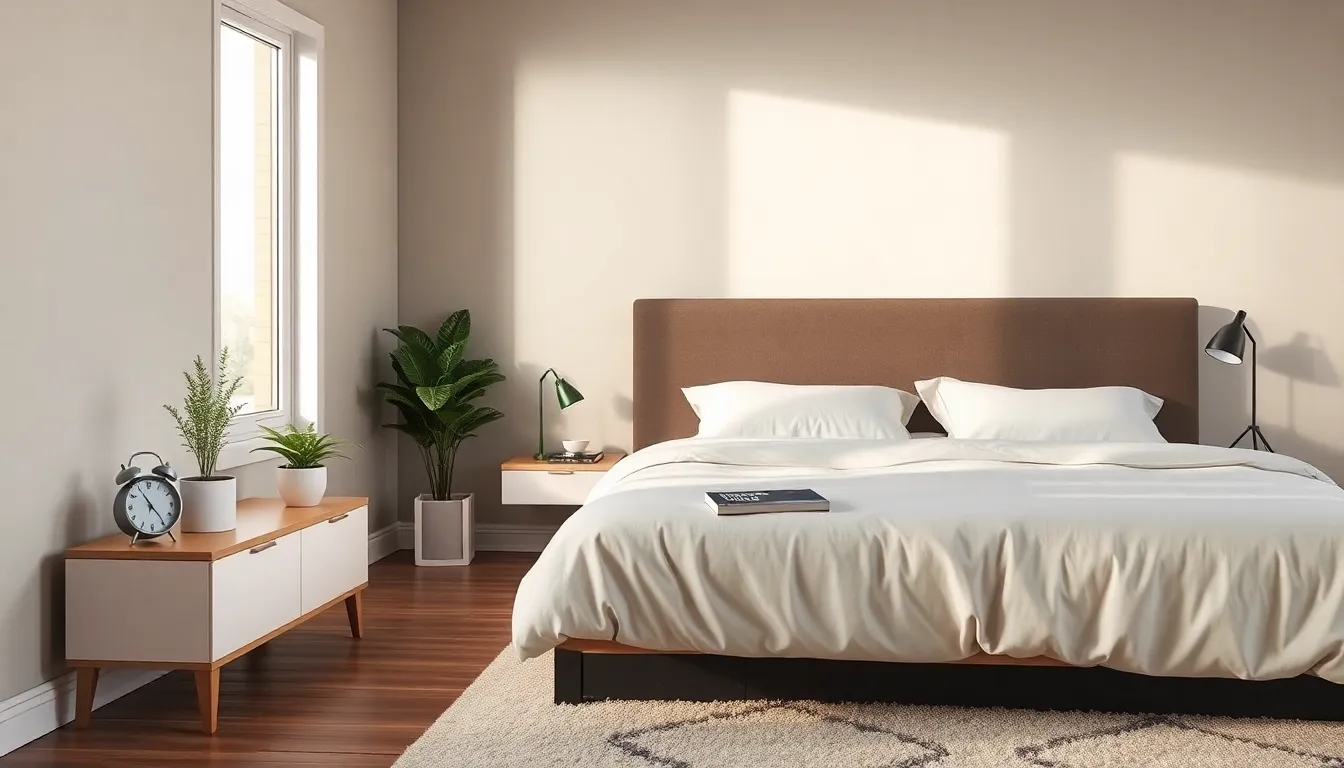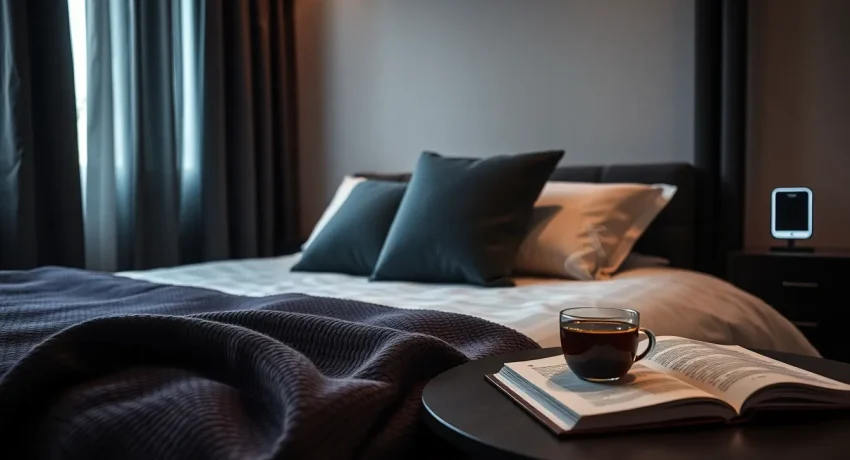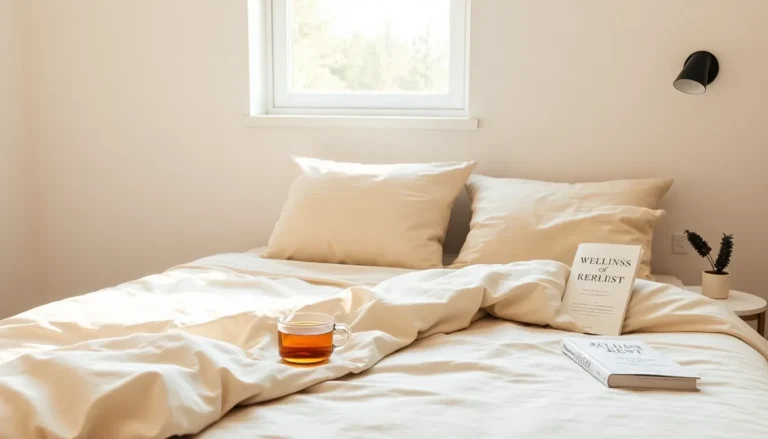Table of Contents
ToggleEver wondered if catching quality Z’s could be the secret to building muscle? You’re not alone. It’s a beautiful paradox: people stress over their workout regime, counting reps and carbs, while overlooking the power of good sleep. Think of it this way: a bodybuilder’s best friend isn’t just protein powder: it’s the cozy embrace of a well-earned snooze. When you master the art of sleep building, you’re not just dozing off, you’re leveling up your gains. So, buckle up as we jump into how to harness the magic of sleep for a stronger physique, armed with science, tips, and just the right amount of humor. Let’s hit the pillow, shall we?
Understanding the Science of Sleep Building

The Importance of Sleep for Muscle Recovery
Sleep isn’t just about shutting your eyes for a few hours. It’s when your body works overtime, focusing on muscle recovery and repair. After an intense workout, tiny tears occur in your muscle fibers. During deep sleep, your body gets to work, synthesizing proteins and releasing growth hormones to mend those fibers, making them stronger in the process. This isn’t a fairy tale: it’s a fundamental building block of muscle growth, so don’t underestimate those hours of rest.
How Sleep Affects Hormone Levels
Sleep also plays a crucial role in regulating hormones, particularly testosterone and cortisol. Testosterone is a key player in muscle growth, while cortisol, often dubbed the stress hormone, can hinder recovery if levels remain high due to poor sleep. When sleep quality improves, testosterone levels rise, cortisol takes a backseat, and your body can focus on building muscle and burning fat more efficiently. Better sleep equals better gains. Let that sink in.
Establishing a Sleep-Friendly Environment
Creating a Relaxing Sleep Routine
Now, let’s talk about creating a sleepy paradise. Your bedroom should be your cave of tranquility, free from distractions. Dark curtains, white noise machines, and the right temperature can make a world of difference. But that’s not all. Establishing a relaxing sleep routine signals your body it’s time to unwind. Think herbal teas, a good book, or calming stretches. Avoid screens an hour before bedtime, yes, even that last scroll through social media. Trust us, your muscles will thank you.
Optimal Sleep Duration and Quality
Sleep Tracking Tools and Techniques
So, how much sleep should one aim for? Well, most adults need between seven to nine hours per night for optimal recovery and muscle growth. But it’s not just the hours: it’s the quality that counts. Using sleep tracking apps or wearable devices can help monitor your sleep patterns, showing you how much time you spend in each sleep stage. They’re like personal trainers for your sleep. Knowing this can empower you to tweak your habits and enhance those precious hours of slumber.
Nutrition and Its Role in Sleep Building
Foods That Promote Better Sleep
What you consume can also influence your sleep quality. Foods rich in magnesium, think spinach, almonds, and bananas, can help relax your muscles and calm your mind. Likewise, tryptophan-rich foods, such as turkey and oatmeal, can promote serotonin production, allowing for deeper sleep. A balanced diet isn’t just about performance: it’s a crucial component in your quest to sleep build. Pair these foods with adequate hydration, and you’ll be on your way to dreamy nights and powerful days.
Exercise Timing and Its Impact on Sleep
Mindfulness and Stress Management for Sleep Building
Believe it or not, the timing of your workouts can either bless you or curse your sleep. Exercising too close to bedtime may stimulate you, making it tough to drift off. On the flip side, a well-timed workout earlier in the day can promote deeper sleep. Incorporating mindfulness practices, like meditation or yoga, can also alleviate stress, making it easier to wind down at the end of the day. Remember, your body isn’t a machine. It’s a magnificent temple, or in this case, a sleep-building powerhouse. Use stress management to keep it running smoothly.
Using Supplements Wisely
The Impact of Technology on Sleep
Navigating the world of sleep supplements can be tricky. While magnesium, melatonin, and herbal remedies like valerian root can be beneficial, it’s essential to consult a healthcare professional before diving in. Technology can help track and manage your sleep but can also disrupt it if used excessively. Blue light from devices can trick your brain into thinking it’s still daytime. So, set boundaries. Limit gadget time, especially before bed, to keep your sleep cycle intact.




